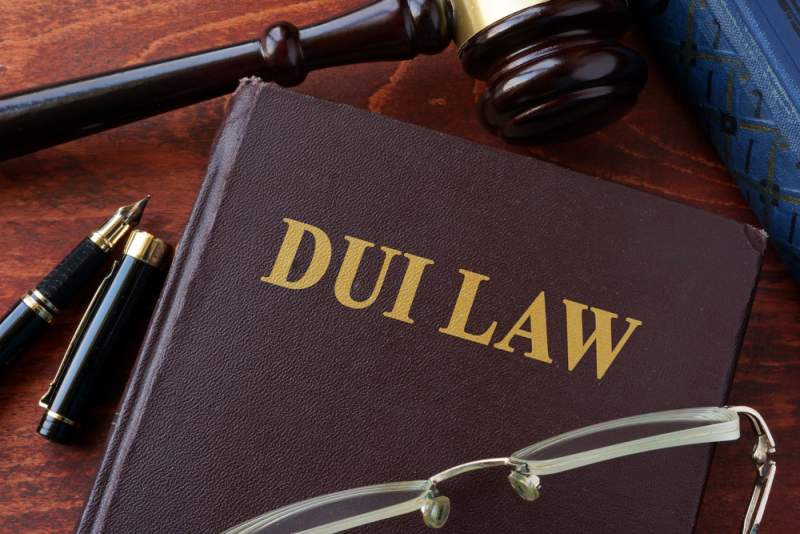DUI vs DWI In Texas
The terms ‘Driving while intoxicated’ (DWI) and ‘driving under the influence’ (DUI) can be used interchangeably in most cases, but there is a legal distinction between these terms in Texas. Both terms refer to an individual operating a vehicle in a public space while intoxicated. An intoxicated person lacks normal use of mental and physical faculties because of the use of a drug, or alcohol, or a controlled substance. Your DWI/DUI lawyer in Texas can explain to you what each acronym stands for and advice you on what you should do when you are arrested.
Differences Between A DUI and DWI In Texas
In most other states a DUI is the only acronym used for crimes involving driving under the influence of drugs or alcohol. In Texas, if a person under the age of 21 is found to be driving while under the influence of alcohol, that person will be charged with a DUI. People under the age of 21 can be charged with a DUI if they drive with any detectable amount of alcohol in their system. It doesn’t matter if their BAC is less than .08.
People over the age of 21 can be charged with a DWI if they operate a vehicle while legally intoxicated. You are legally intoxicated if you have a BAC of .08 or over or you are impaired by drugs. Texas law can only consider you intoxicated while you are operating your vehicle in a public place. In a nutshell, a DUI applies to people under the age of 21 and DWI applies to people over that age.
Penalties Of DWIs And DUIs
 Generally DWIs are classified as Class B misdemeanors except when an individual’s BAC is .15 or higher. A first time DWI offense may result in a $2,000 fine, a jail sentence of 3 to 180 days, and loss of driver’s license for up to a year. For DWI offenders with a BAC of 0.15 or more, a jail time of up to one year is a possibility. Any subsequent DWI offense results in larger fines and more jail time.
Generally DWIs are classified as Class B misdemeanors except when an individual’s BAC is .15 or higher. A first time DWI offense may result in a $2,000 fine, a jail sentence of 3 to 180 days, and loss of driver’s license for up to a year. For DWI offenders with a BAC of 0.15 or more, a jail time of up to one year is a possibility. Any subsequent DWI offense results in larger fines and more jail time.
DUIs are Class C misdemeanors that may result a $500 fine, a 30 to 180 day driver license suspension, 8 to 40 hours community service, and mandatory alcohol-awareness classes. There is no jail time for DUIs but the penalties become more severe second or third offenses. Just like DWIs, DUIs that result in a conviction will show up on your record and affect opportunities for jobs, education and more.
How A DWI/DUI Lawyer Can Help
An experienced lawyer will be of great help whether you are arrested for a DWI or DUI. Your lawyer will answer all the questions you have about either of the two offenses. These can be questions about sobriety tests, possible penalties you may face, whether to plead guilty or not and more. You need a lawyer that specifically handles DWI court cases not a general attorney if you want a favorable outcome for your case. The reason for this is that DUI/DWI laws are complex and require an in-depth understanding.
